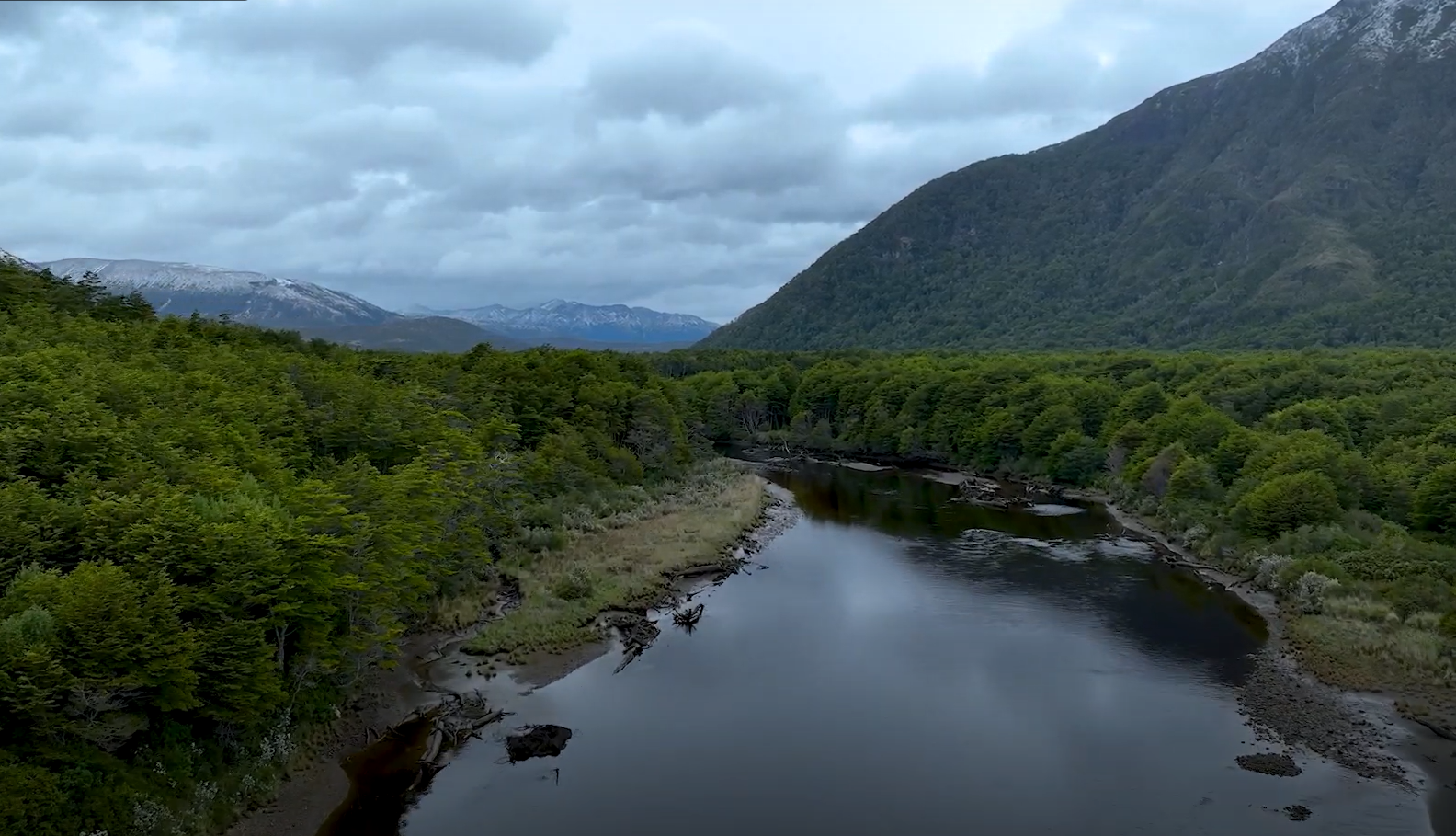ERF grantee partner Rewilding Chile and the Chilean government take major step in creating a new national park

Cape Froward National Park © Rewilding Chile
15.04.2024
In March 2024 ERF grantee partner Rewilding Chile, and its parent group Tompkins Conservation, signed a protocol agreement with the Chilean government for the establishment of a new national park. This is an enormous triumph for conservation, and a crucial step to securing the official decree for the protected territory’s creation by the end of 2024. It also marks a significant milestone in Chile’s environmental stewardship and the progress of their COP15 goal to protect 30% of land by 2030.
The new Cape Froward National Park stretches over 300,000 acres, roughly the size of Malta. It is set at the southernmost tip of the South American continent at the end of the Brunswick Peninsula, municipality of Punta Arenas, in the Magallanes and Chilean Antarctica Region. It will join the Route of Parks of Chilean Patagonia as its 18th park.
It is located in a rugged region that is refuge for highly endangered species, including the south Andean deer and the puma. The subantarctic forest covers nearly half of the proposed donation area, which also features 24,710 acres of peatlands, an ecosystem considered critical to carbon storage and climate change mitigation. It serves as a transitional ecosystem between land and sea, where diverse marine life, including Magellanic penguins, Peale’s dolphins, and Sei and humpback whales, feed off nutrients provided by the Antarctic, Pacific and Atlantic currents. The coasts are also lined with dense kelp forest, another very important habitat
The entire territory to be protected is considered ancestral by the Kawésqar indigenous communities. The Kawésqar used to be a nomadic seafaring people, and continued this nomadic practice until the twentieth century, when they were moved into settlements on land. Because of their maritime culture, the Kawésqar have never farmed the land.
Kristine Tompkins, President of Tompkins Conservation said; “I’m proud of Chile for recognising how national parks can benefit both nature and communities in so many ways, from providing essential ecosystem services to helping build regenerative economies.”
Rewilding Chile’s core team has been working for nearly three decades in Chilean Patagonia collaborating closely with Tompkins Conservation, promoting rewilding as a comprehensive conservation strategy in the Route of Parks of Chilean Patagonia, through the creation of national parks, the restoration of ecosystems and the active management of threatened species.
For more, you can see a short video here: